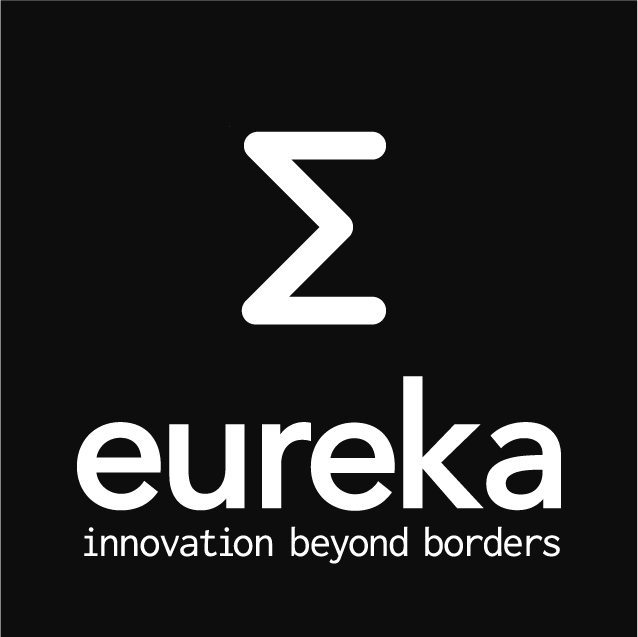Finished Project

MCM
Mobile City Moments
![]()
| Project Coordinator | Project Consortium | |
| Ulf Essler Stockholm School of Economics Sweden e-mail: ulf.essler (at) hhs.se |
Stockholm School of Economics, SE | IDEAN Research, FI |
| TeliaSonera, SE | CARSA, ES | |
| Musiclink, SE | Innovalia Associacion, ES | |
| Appello Systems AB, SE | Universita Pompeu Fabra, ES | |
| Umeå University, SE | CBT, ES | |
| Helsinki Institute for Technology, FI | Radarspot AB, SE | |
| Sendandsee, FI | Telefonica I+D, ES | |
| TeliaSonera, FI | ||
This is a “Celtic” project;
| Project Key Information | ||||
|
Start date |
End date | Budget (total) | Effort (total) | Project-ID |
| Q1/2007 | Q2/2009 | 4.8 MEuro | 53 PY | CP4-018 |
| Abstract |
Why MCM – Cities are the growth engines of the economy, and they need more efficient means of service creation and adoption to fill the gaps between demand and supply of information and communication, especially during the transition to and from the labour market for the citizens. Simultaneously, mobile handset is transforming from a simple telephone into a sophisticated information, communication and co-ordination device, which should generate customer value in terms of being available, simple and safe to use by individuals and groups in the city. Thereby mobile services can be a complement to the physical urban infrastructure and a substitute to established media channels.What MCM – The MCM project will produce one mobile service prototype in four major European cities (Barcelona, Berlin, Stockholm, Helsinki) resulting in:
How MCM – Inspired by the success of Web 2.0 and “mashups”, MCM will identify customer values that can drive business models and demonstrate enabling factors for viable services. Service components with open APIs offer a variety of functionality, including positioning, group communication, context and presence data, and tags. They can be combined rapidly into new and interesting media services that can be used and co-produced by local actors (businesses, institutions, citizens) to satisfy needs during transitions. |
| Focus areas |
| Business model analysis and frame-work for group-centric network, operator independent services in cities. Open interfaces to service components that allow rapid service creation, and explore the limits and possibilities of novel interaction technologies of smart phones, hybrid networks, and web resources. |
| Expected outcome |
| Identify customer values that can drive business and demonstrate enabling factors for viable services. Service components with open APIs offer a variety of functionality, including positioning, group communication, context and presence data, and tags. |



